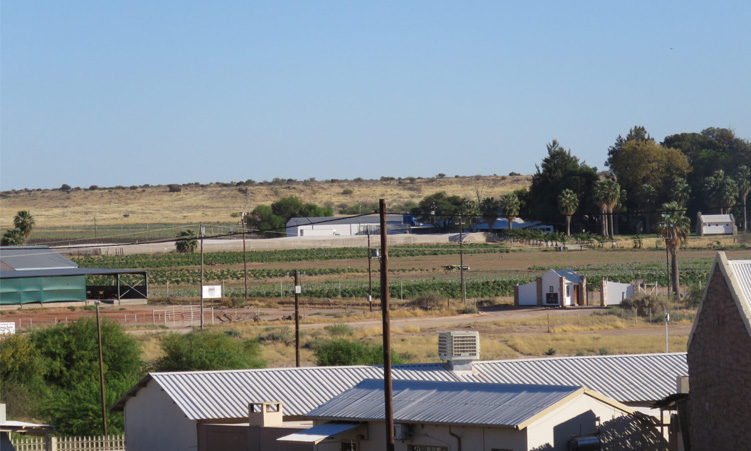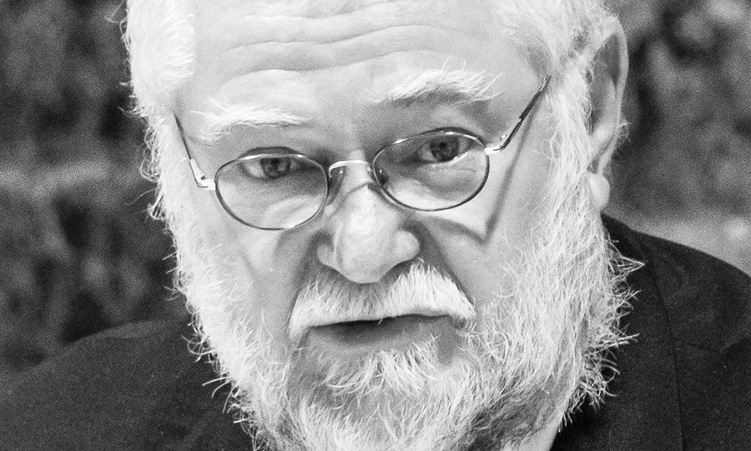Minister of agriculture, water and land reform Calle Schlettwein says Russian company Uranium One Group, which aims to start a uranium mining venture near the Stampriet Aquifer, has ignored the authorities’ recommendations to attain a water permit.
Schlettwein was recently responding to questions posed by United People’s Movement member of parliament Jan van Wyk in the parliament.
He said the drilling permits that were issued contain conditions ensuring the safety of the groundwater resource, but were withdrawn due to the company’s non-compliance with some of these conditions.
“The drilling specifications in the Stampriet Aquifer are designed to prevent the mixing between the overlying Kalahari Aquifer and the underlying
Auob Aquifer, and also to conserve the artesian nature of the Auob Aquifer by preserving the confining layer, the Rietmond, between the two aquifers.
“The Auob Aquifer has good quality water throughout the basin, whereas the Kalahari Aquifer has water of inferior quality in certain areas within the Stampriet Basin.
“Any drilling that disregards the provided specifications would destroy the confining layer between the two aquifers, and contamination would percolate unhindered through holes to the Auob Aquifer,” Schlettwein said.
He said the pollution risk would be extremely difficult to manage and could have disastrous environmental consequences.
“There is the serious risk that exploration and later mining activities to be conducted by the company will endanger the groundwater in Namibia and parts of South Africa and Botswana, destroying the economic basis for the entire region,” he said.

PROJECT HALTED
Schlettwein said the company has drilled about 600 exploration boreholes and 36 hydrogeological or monitoring boreholes on 39 farms since 2012.
He said the conditions of proper sealing and grouting have been ignored.
“My ministry will soon be issuing a government notice prohibiting the exploration and mining activities that will negatively impact the water resource . . . in the Stampriet Basin,” he said.
Uranium One engineer Aldo Hengari says the agriculture ministry’s denial of a drilling permit has halted the project.
The project, which has so far attracted N$900 million in investments, has also been stalled by constant resistance from both environmentalists and surrounding communities raising concerns over the safety of in-situ mining to the water aquifer in the area.
“If we are granted the water permit, we will employ 600 to 800 Namibians and increase the gross domestic product by 1% to 2% should we reach the mining operations stage,” Hengari says.
He says the company has found an estimate of about 75 000 tonnes of uranium that would have a lifespan of 25 years in the Omaheke region.
“About 50% of the exploration is done, and now we are waiting for the water permit to complete the other 50% …
“We have submitted an application to do a test plant pilot test to understand if we can mine the uranium. If we do the test, we will have a full indication of how the whole test would impact the environment, and also a feasibility study to see if it is economically viable for us to mine the uranium.
“If that works, we are going to roll out construction to start mining in 2029,” Hengari says.
The project has been criticised by the Stampriet Aquifer Uranium Mining Association (Sauma) for possible contamination of the Stampriet Artesian Basin.
However, Leonardville Town Council mayor Petra Witbooi has called on the government to approve the permit, saying it would benefit her “poor and hungry” community.
‘VICTIMS OF POVERTY’
“The community has informed me that they want to hold a peaceful demonstration at the end of this month in Windhoek to hand over a petition to the parliament for the approval of uranium mining in the region.
“We are already victims of poverty, people are unemployed, and they cannot even get resettlement farms. We believe this mining project will have a huge impact on the community.
“We fall under the Aminuis community, and this is the biggest problem, because they do not want us to develop Leonardville.
“I believe Uranium One will not contaminate our water – all this is politically and tribally motivated. We want the government to grant them their water permit so that the town can be developed,” Witbooi says.
Stay informed with The Namibian – your source for credible journalism. Get in-depth reporting and opinions for
only N$85 a month. Invest in journalism, invest in democracy –
Subscribe Now!






